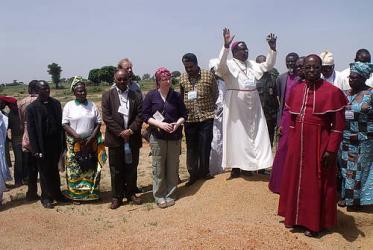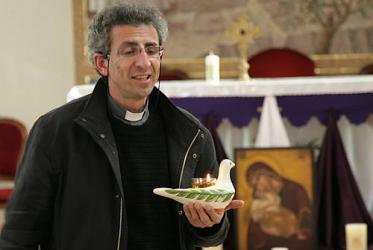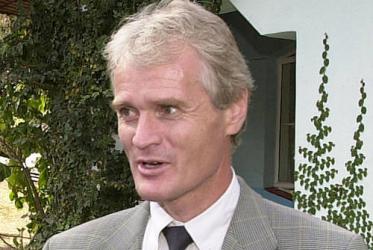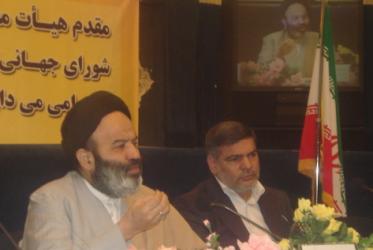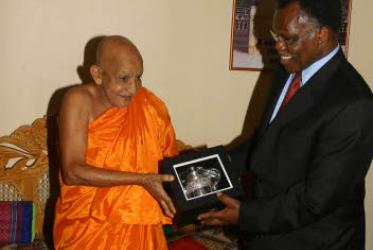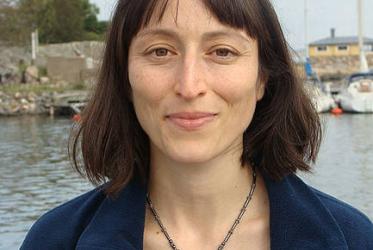Displaying 401 - 420 of 420
Putting faith at work to halt the spread of HIV
24 March 2010
Inter-religious call to climate action ahead of UN summit
21 September 2009
Christians and Muslims in Western Africa committed to peace
21 August 2009
Religious leaders should facilitate peace building
02 July 2009
Israeli occupation puts strain on Palestinian Christians
02 April 2009
World religious leaders commit to uphold human rights
11 December 2008
Women in Christian-Muslim dialogue want to break down stereotypes
22 September 2008
